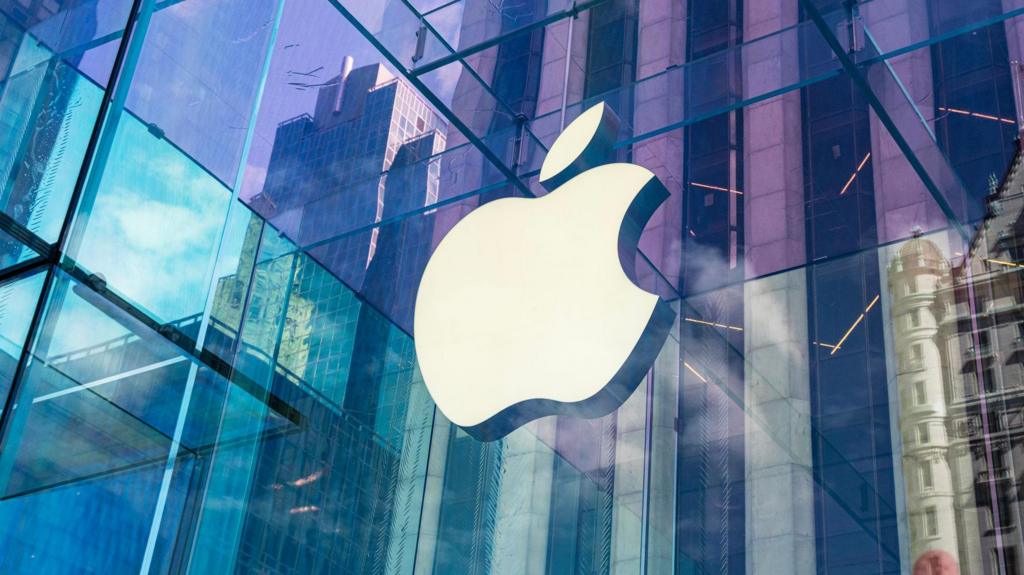The United States Director of National Intelligence has stated that the United Kingdom has rescinded its controversial request for access to global Apple user data, if required.
According to a post on X by Tulsi Gabbard, the UK has reportedly agreed to withdraw its directive that would have compelled the tech giant to provide a “back door,” potentially enabling access to the protected, encrypted data of American citizens and infringing upon their civil liberties.
The BBC has learned that Apple has not yet received any official communication from either the US or UK governments regarding this matter.
A UK government spokesperson stated, “We do not comment on operational matters, including confirming or denying the existence of such notices.”
“We have a long-standing history of joint security and intelligence arrangements with the US to address the most serious threats, such as terrorism and child sexual abuse, including the role played by rapidly evolving technology in facilitating these threats.”
In December, the UK issued Apple with a formal notice demanding the right to access encrypted data from its users worldwide.
However, Apple itself is unable to view the data of customers who have activated its highest security setting, Advanced Data Protection (ADP), which prevents unauthorized access to user files.
To comply with the UK’s request, Apple would have had to compromise its own encryption methods.
The company has stated, “We have never built a backdoor or master key to any of our products or services, and we never will.”
Instead, Apple responded by withdrawing ADP from the UK market and initiating a legal challenge to the order. The case was scheduled to be heard at a tribunal in early 2026.
It remains unclear whether the legal proceedings will continue.
Due to the classified nature of the government order, issued under the Investigatory Powers Act, it is unknown whether other technology companies have also received similar demands.
The messaging platform WhatsApp, used by millions in the UK, has stated that it has not received such a request.
The notice, which neither Apple nor the Home Office has officially confirmed, sparked outrage among privacy advocates, who are now cautiously optimistic about the reported withdrawal.
Sam Grant of the civil rights group Liberty, which, along with Privacy International, had previously launched separate legal action against the UK government, stated, “If true, this decision is hugely welcome.”
He told the BBC that creating a backdoor to citizens’ private data would be a “reckless and potentially unlawful move from the government.”
“This would present a significant threat to our personal and national security, particularly as it would leave politicians, campaigners, and minority groups especially vulnerable to targeting,” he added.
“As long as this power remains within the Investigatory Powers Act, there is a continuing risk that any future government might attempt to use it to create a backdoor into other end-to-end encrypted services we all rely on.”
Jim Killock, executive director of the Open Rights Group, echoed similar concerns.
“The UK’s powers to undermine encryption remain enshrined in law, posing a serious threat to user security and protection against criminal abuse of our data,” he said.
Democrat Senator Ron Wyden commented that if the UK’s climbdown is accurate, “that’s a win for everyone who values secure communications.”
“However, the details of any agreement are extremely important,” he added.
A legal agreement, the Data Access Agreement, already exists between the US and UK governments, enabling both countries to share data for law enforcement purposes.
The X owner had accused Apple of making it impossible to fairly compete with ChatGPT.
The president had been pressing Apple to do more of its manufacturing in the US.
In a rare interview, a former North Korean IT worker reveals the secret scheme raising funds for Kim Jong Un’s regime.
Trump’s tariffs in his first term took aim at China – but this time they are going beyond.
Screen time has become synonymous with bad news – but the science may not be as straightforward as it seems

